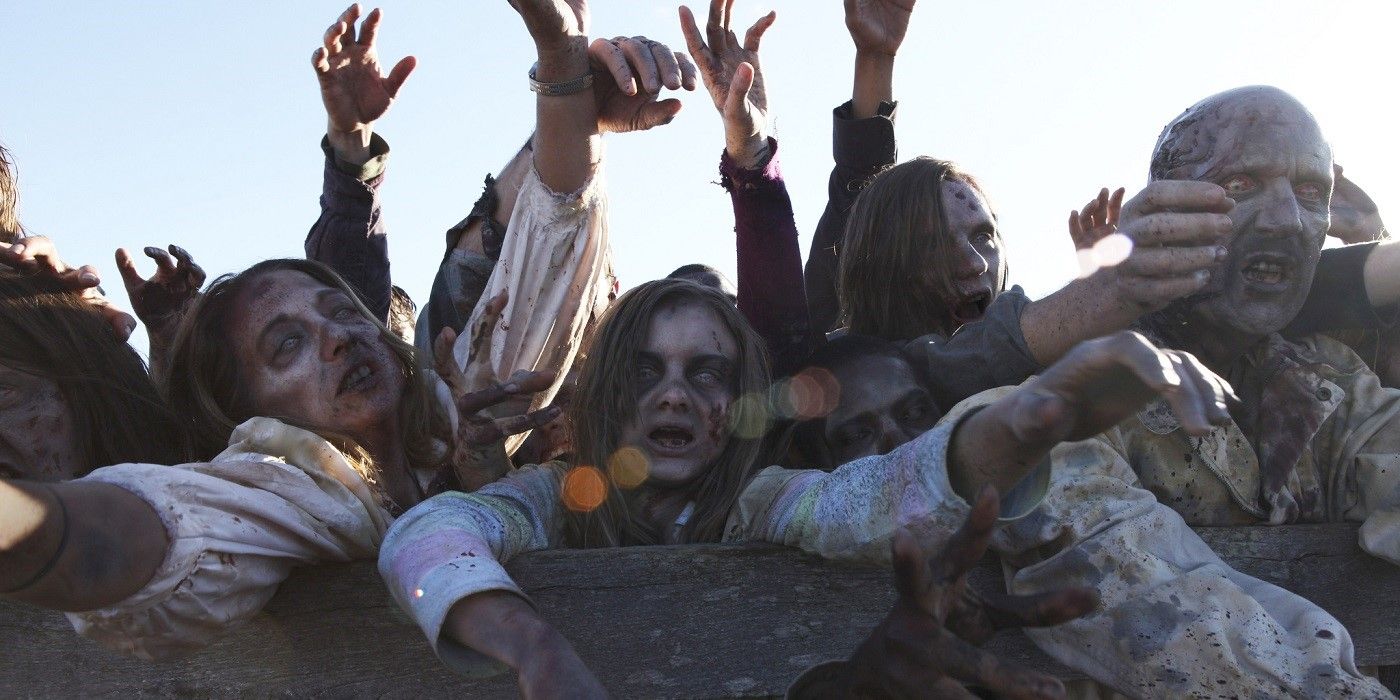
The long awaited Frank Darabont trial against AMC over profits on The Walking Dead will be a bit slimmed down when it finally reaches a courtroom in April of 2022 (unless there are further delays).
An appeals court overruled a decision to allow Darabont to pursue a claim that AMC acted in bad faith with how the television company calculated the formula for Darabont's percentage of the profits of the hit zombie TV show, which Darabont developed for television but was fired from his showrunner position after the first season. In 2013, Darabont (and his talent agency) filed suit against AMC for breach of contract due to profits that he says he was owed that were not paid. More than eight years will have passed by the time that the suit will finally come to trial.
Darabont made a number of related claims against AMC and some of them have been dropped over the years by judges who did not believe that there was a reasonable question of fact behind the claims. For instance, Darabont made a claim that he was due money from product placement on the show, but a judge previously ruled that there was no reasonable way to read his contract that would suggest that he was owed that money, so that claim was dropped.
The biggest claim that was dropped, though, came from an appellate judge, who ruled on Tuesday that Darabont could not pursue a claim of bad faith against how AMC calculated its profit-sharing percentage in Darabont's contract. The court noted, ""Plaintiffs’ claim that AMC breached the implied covenant of good faith and fair dealing by crafting the formula for MAGR arbitrarily, irrationally, or in bad faith was improperly asserted for the first time in opposition to defendants’ motion for summary judgment. There are no allegations in the complaint that AMC engaged in misconduct by formulating the MAGR definition in such a manner as to deprive plaintiffs of contractual benefits. In addition, it would be prejudicial to require AMC to defend against a theory of liability asserted only after discovery had concluded."
While that is a blow to Darabont, his main claim remains not that AMC came up with the calculations in bad faith, but simply that the company did not follow the "modified adjusted gross receipts" (MAGR) formula as laid out in his contract. The dispute really turns on how to interpret that MAGR to see whether AMC should have paid him more (he claims $280 million more).
Source: The Hollywood Reporter
0 Comments